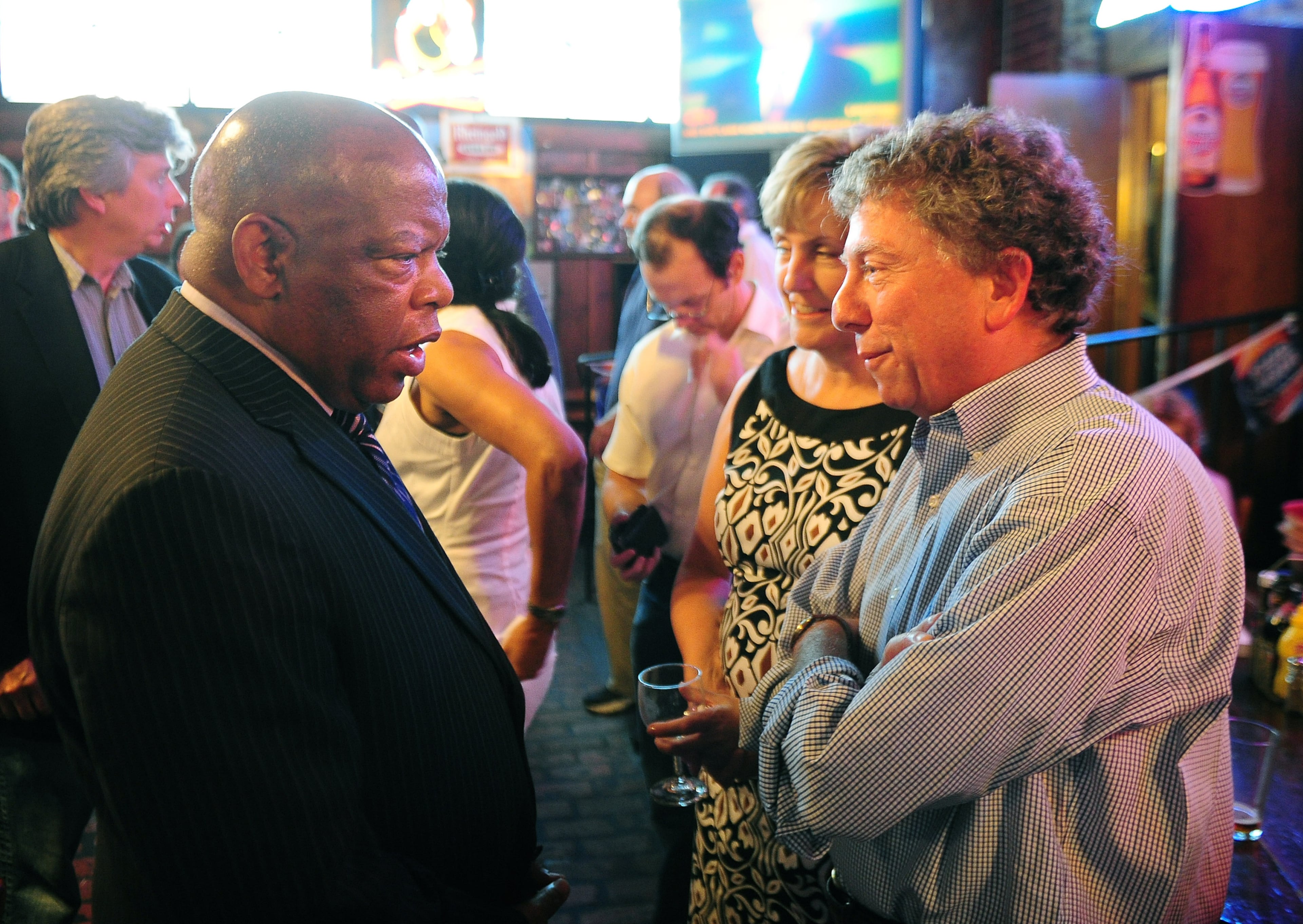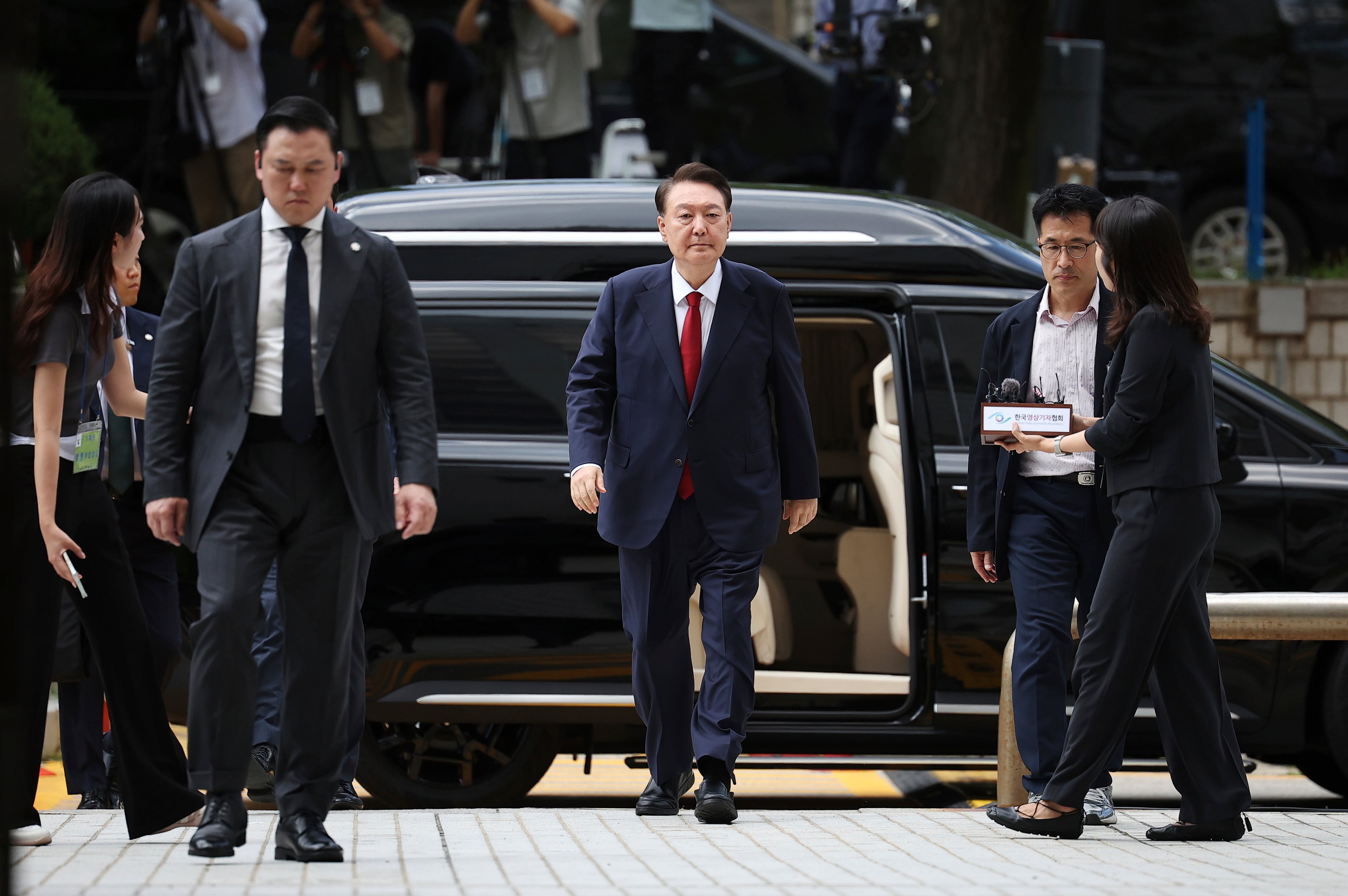Civil rights cold case board to have unique Atlanta flavor

In 2015, when Emory University professor Hank Klibanoff sent a request off to the FBI for information on the murder of Isaiah Nixon, they told him they had no records of the case of the Montgomery County man who was shot and killed in front of his children for voting in the 1948 Georgia Democratic primary.
The former newspaper editor and Pulitzer Prize winner then sent a request off to the National Archives, which quickly provided Klibanoff 235 pages — transferred to them at some point by the FBI — on the case.
“Anyone who wanted to get federal government records on civil rights cold cases ran into bureaucratic hurdles,” said Klibanoff, the director of the Georgia Civil Rights Cold Cases Project at Emory University. “It wasn’t that they didn’t want to be cooperative. It is just that over the years, nobody kept good records.”
In an effort to make access to the records of unsolved murder cases of Black Americans during the civil rights era easier — and possibly solve some of these lingering crimes — the White House on Friday nominated four scholars to sit on the Civil Rights Cold Case Records Review Board that will oversee the release of those records.
The nominations come more than two years after the commission was established during the Trump administration. But Trump took no further action after signing the new law in early 2019, and the Cold Case Review Board’s $1 million budget went unspent.
That could all change now. The law created a five-member panel and President Joe Biden has said who he wants to fill four of the slots, pending U.S. Senate confirmation. Three of the nominees have close ties to Atlanta: Clayborne Carson, Gabrielle Dudley and Klibanoff.

Carson is a Stanford University professor and scholar on the life of Martin Luther King Jr., who in 1985 was tapped personally by Coretta Scott King to edit and publish his papers.
Dudley is an instruction archivist at the Stuart A. Rose Manuscript, Archives, and Rare Book Library at Emory University.
Klibanoff, a former managing editor at The Atlanta Journal-Constitution, won a Pulitzer Prize in 2007 for his book “The Race Beat: The Press, the Civil Rights Struggle, and the Awakening of a Nation,” and a Peabody Award for his podcast “Buried Truth,” which explores civil rights cold cases in Georgia. The first season of the show was on the Isaiah Nixon killing in middle Georgia.
The fourth nominee for the review board is Margaret Burnham, a civil rights lawyer and former state court judge. She is the founder and director of the Civil Rights and Restorative Justice Project at Northeastern University, which conducts research and provides recommendations on addressing violence that occurred during the civil rights movement.
“There are those of us who have been working in this field for a good while now who have been trying to unearth this history case by case, but we haven’t had much government support,” Burnham said. “What we are trying to look at is the nature, scope and effect of violence in the mid decades of the 20th century. Until we have a full sense of that, we won’t really have a sense of Jim Crow. And until we understand Jim Crow, we won’t understand where we are today.”

Georgia U.S. Sen. Jon Ossoff described the review panel as an opportunity to provide families and communities with answers.
“We must never give up the quest for justice,” he said Monday. “And those Americans lynched, assaulted, and terrorized under Jim Crow are counting on these appointees to seek and establish the truth on their behalf.”
The Civil Rights Cold Case Records Review Board was signed into law in 2019 after receiving overwhelming bipartisan congressional support led by U.S. Rep. Bobby Rush and Sens. Doug Jones, Ted Cruz and Kamala Harris, now the vice president. The bill was the result of the work from students attending Hightstown High School in New Jersey who helped draft the language.
The board will review dozens, if not hundreds, of unsolved civil rights cases from the 1950s and 1960s. It will, according to the legislation, “declassify government files and subpoena new testimony in the hopes of reopening cases or revealing publicly why many were never fully investigated.”
The review board “will give one more push to what I can call a historical understanding of African American history,” said Carson, editor of the King Papers and director of the Stanford’s King Research and Education Institute. “In some ways African American history is a study of cold cases. A lot of it are things that have happened in the past that have not been properly resolved through the legal system. There might be places where we can bring clarity and shed light on significant cases.”

In the past, according to Klibanoff, the Freedom of Information Act has been somewhat ineffective providing access to civil rights cold cases. “Therefore, we are going to provide another method in which these records can be accessed and released,” he said.
Through the legislation, all federal agencies will go through their records and turn them over to the review board.
“It a major breakthrough of a significant logjam that will make it so much easier for families to access records to provide a narrative to what happened to their loved ones,” Klibanoff said. “It is so significant that people don’t have to wait two or three years.”
Dudley, 35, was not even born when most of the cases she will be reviewing happened. But, growing up in Birmingham, she heard the stories.

She was in college in 2001 and 2002 when Doug Jones, then a federal prosecutor in Alabama, prosecuted Thomas Edwin Blanton Jr. and Bobby Frank Cherry, two members of the Ku Klux Klan, for their roles in the 16th Street Baptist Church bombing of 1963 that took the lives of four Black girls who were attending Sunday School.
“I have always been interested in history,” said Dudley, who has been at Emory for nine years developing courses and archives research assignments for undergraduate and graduate students. “My parents and grandparents were civically engaged and I remember family always talking about it. Now, doing this brings me back to those stories I grew up listening to.”



